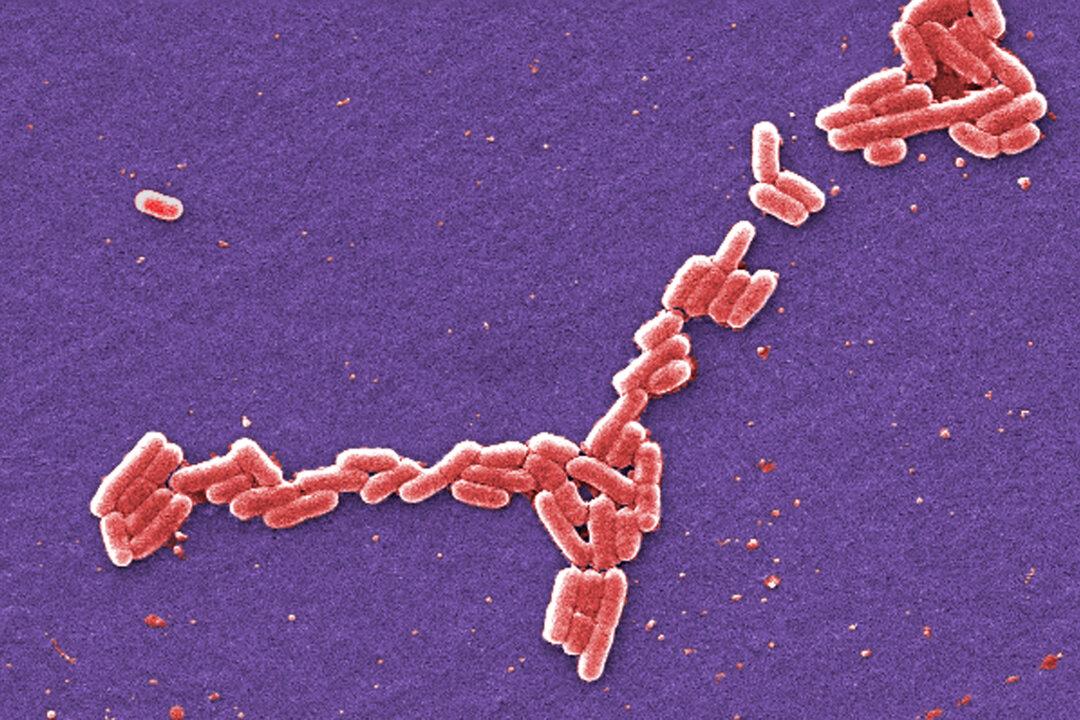A class-action lawsuit has been initiated following what experts call a “historic” E. coli outbreak at nearly a dozen Calgary daycares, which sent up to 50 children to hospital and infected more than 100 children with the dangerous bacteria.
Calgary lawyer Maia Tomljanovic, who focuses on medical malpractice, personal injury, and professional negligence, filed the lawsuit on Sept. 8 at the Court of King’s Bench of Alberta, with one parent serving as the representative plaintiff, reported the National Post.





